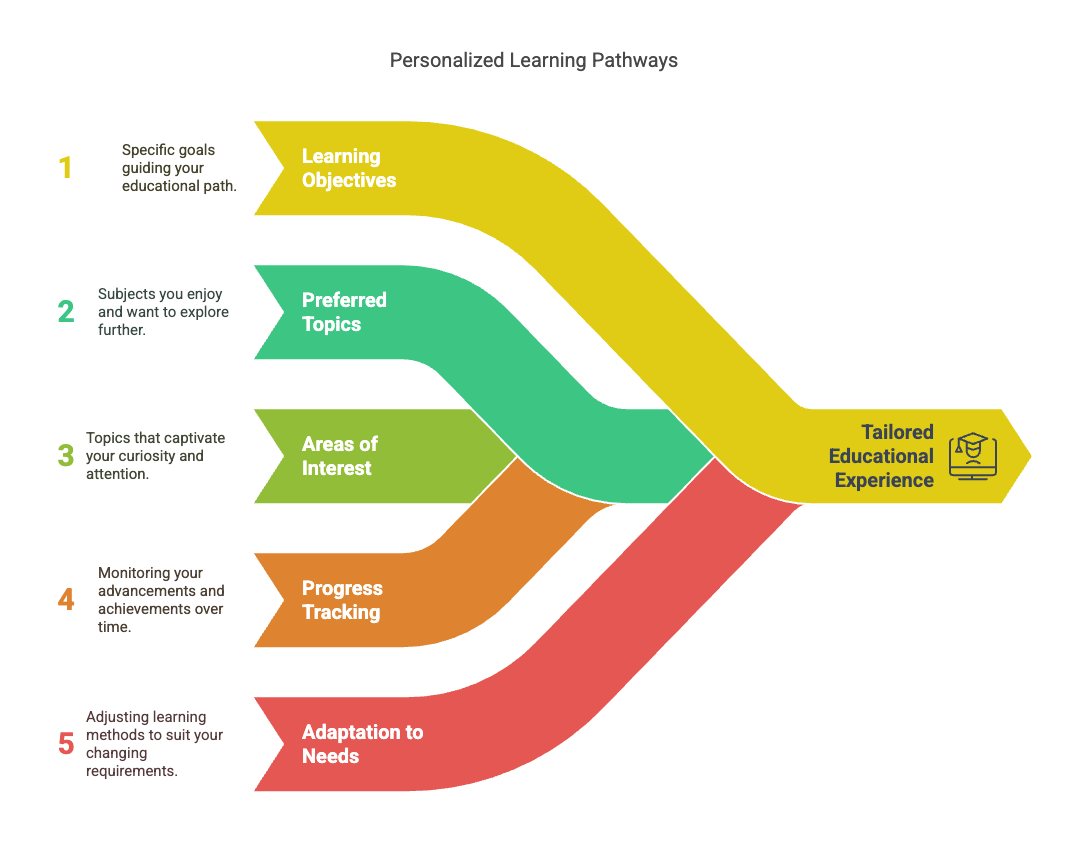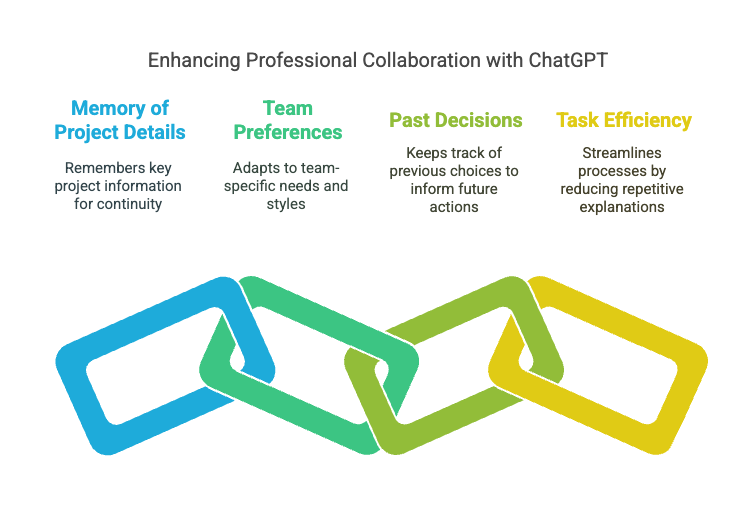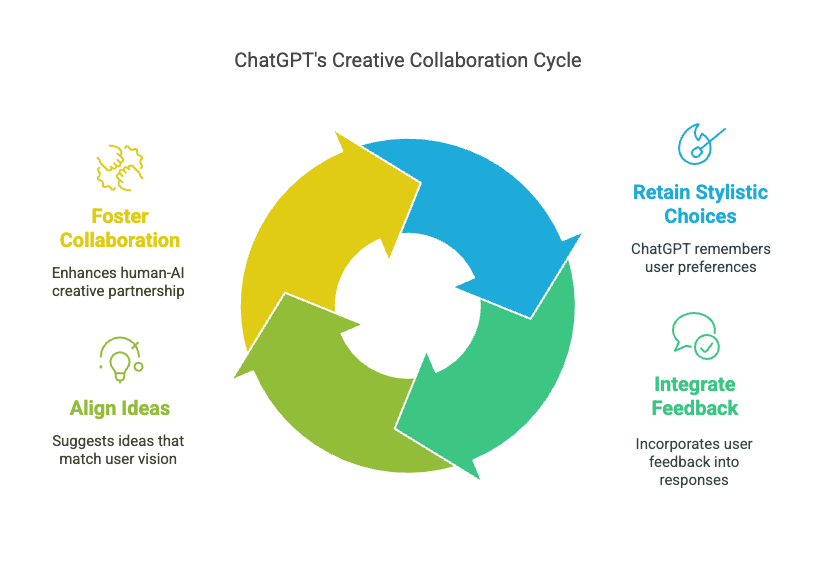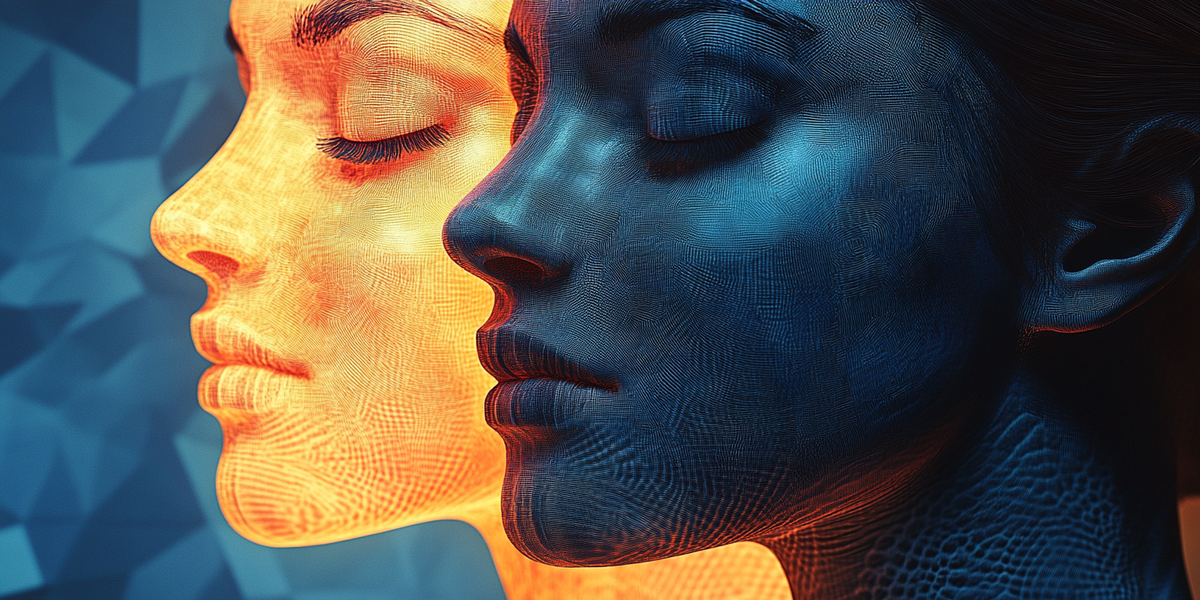OpenAI's latest enhancement to ChatGPT introduces a memory feature that allows the AI to recall information from past interactions. This development transforms ChatGPT from a session-based assistant into a more consistent and personalized collaborator.
Here are three significant ways this memory capability enhances human-AI collaboration:.
1. Personalized Learning and Development
ChatGPT's memory enables it to remember your learning objectives, preferred topics, and areas of interest. This allows for tailored educational experiences, where the AI can build upon previous sessions, track your progress, and adapt to your evolving needs. For instance, if you're studying a new language, ChatGPT can recall vocabulary you've learned and focus on areas that require more practice.

2. Streamlined Project Continuity
In professional settings, ChatGPT's ability to remember project details, team preferences, and past decisions ensures continuity across sessions. Whether you're drafting a report, developing code, or planning an event, the AI can maintain context, reducing the need to re-explain tasks and allowing for more efficient collaboration.

3. Enhanced Creative Collaboration
For creative endeavors, such as writing, design, or content creation, ChatGPT's memory allows it to retain stylistic choices, thematic elements, and feedback from previous interactions. This continuity supports a more cohesive creative process, where the AI can contribute ideas that align with your established vision and preferences.

By remembering and integrating information from past interactions, ChatGPT becomes a more effective partner in various domains, fostering a collaborative environment where human intuition and AI capabilities complement each other.

